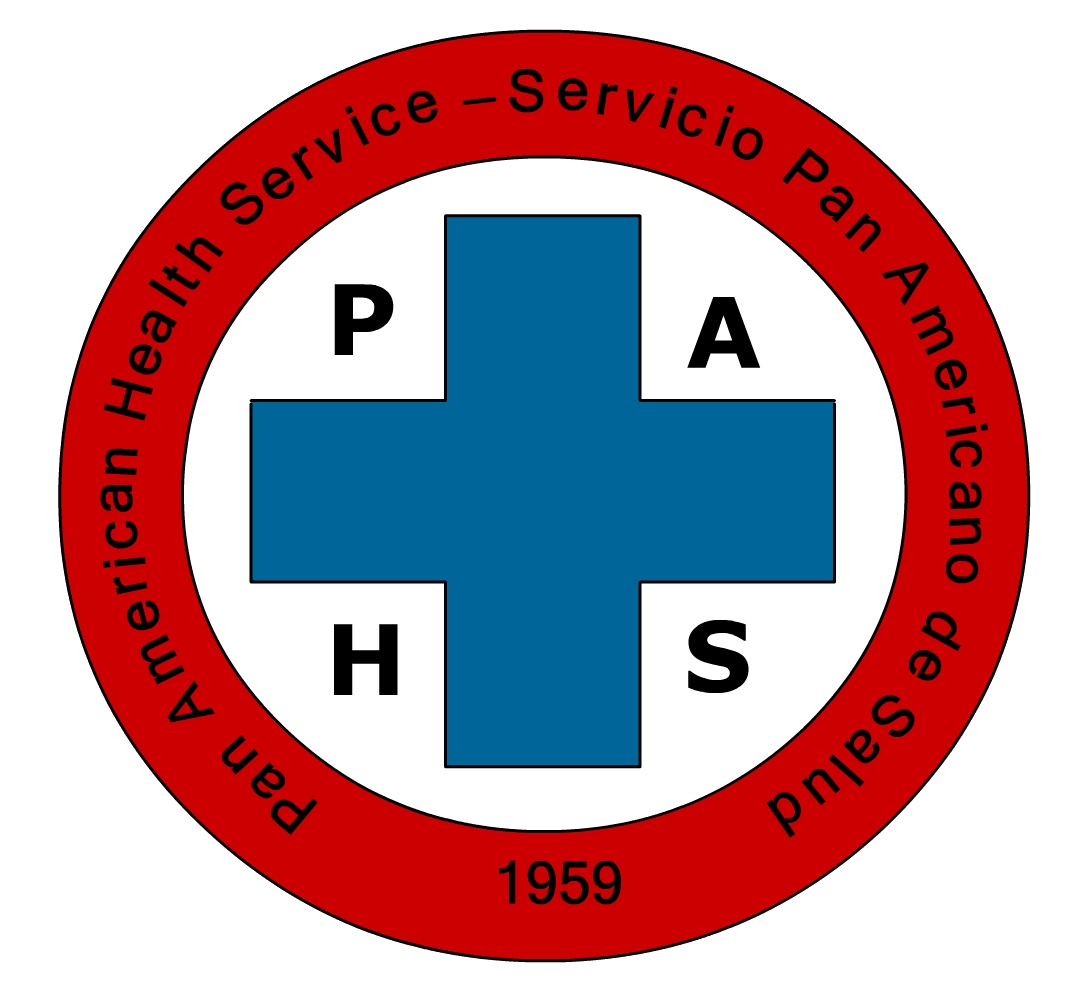A Girl Named Dilia
/Dilia and her mother, the day she came to the Casita Feliz
La Casita Feliz – the heart of the Pan American Health Service Nutritional Rehab Center – is decorated for Christmas. On the wall is a mural where Santa Claus is pulling a sleigh filled with presents… except these presents are the photo of each of the 32 children who are patients receiving nutritious foodand tender loving care. What a precious gift each childis!
This Christmas is a particularly special one for Dilia – the most fragile patient to be admitted to Nutrition Center in 2013 – it will be her first away from her family however it will be a happy one regardless, for she has received the gift of life and restoration of health. In her short 13 years this very small teenager has experienced the extreme effects of hunger in ways that few can survive. Dilia arrived at la Casita Feliz on October 31, 2013 having been referred to the PAHS program by another nutritional rehab program in the city of San Pedro Sula.
Dilia’s medical treatment had begun sometime in late September when she was admitted to the acute care government hospital in the city with third degree malnutrition – extremely swollen and bloated by the protein deficiency in her body. Additionally she was profoundly anemic and presented with a parasite infestation. Worst of all the nutrient deficiency had an effect on her neurological health and she had cerebral atrophy and the motor and verbal skills of a one-year-old baby. The medical personnel knew she would need long-term care and they eventually found placement at PAHS.
The irony is that Dilia’s struggle for survival was waged on the fringes of the most prosperous city in Honduras – its industrial capital, San Pedro Sula – on the edges of the river where thousands of families, seeking a way out of extreme poverty, gather in hopes of finding a better life for themselves and where in many cases their misery grows instead of dissipating. Such is the story of Dilia’s mother, a woman who collects plastic bottles and aluminum cans from the garbage to sell in order to have money to feed her three daughters. She relates that many days she would return home empty-handed and experience the pain of watching her children suffer hunger pangs just like herself.
To make matters worse Dilia suffered from a speech impediment and although she had been referred to therapy which was free of charge her mother could not manage the logistics of transportation when she could barely feed her children.
One month after her arrival at the PAHS Nutritional Rehab Center in Peña Blanca, Dilia – who had been getting around in a wheelchair – took her first steps unaided. The love, good food and motivation received from her caretakers have made a profound difference in her life. Her mother came to visit shortly after Dilia started walking. Hardly able to believe what she was seeing her eyes filled with tears as she repeated: “She’s walking”.
Dilia’s speedy recovery is miraculous and a joy to behold. Perhaps soon she will be able to be more self-sufficient and be able to enjoy a childhood which hunger has stolen from her.









